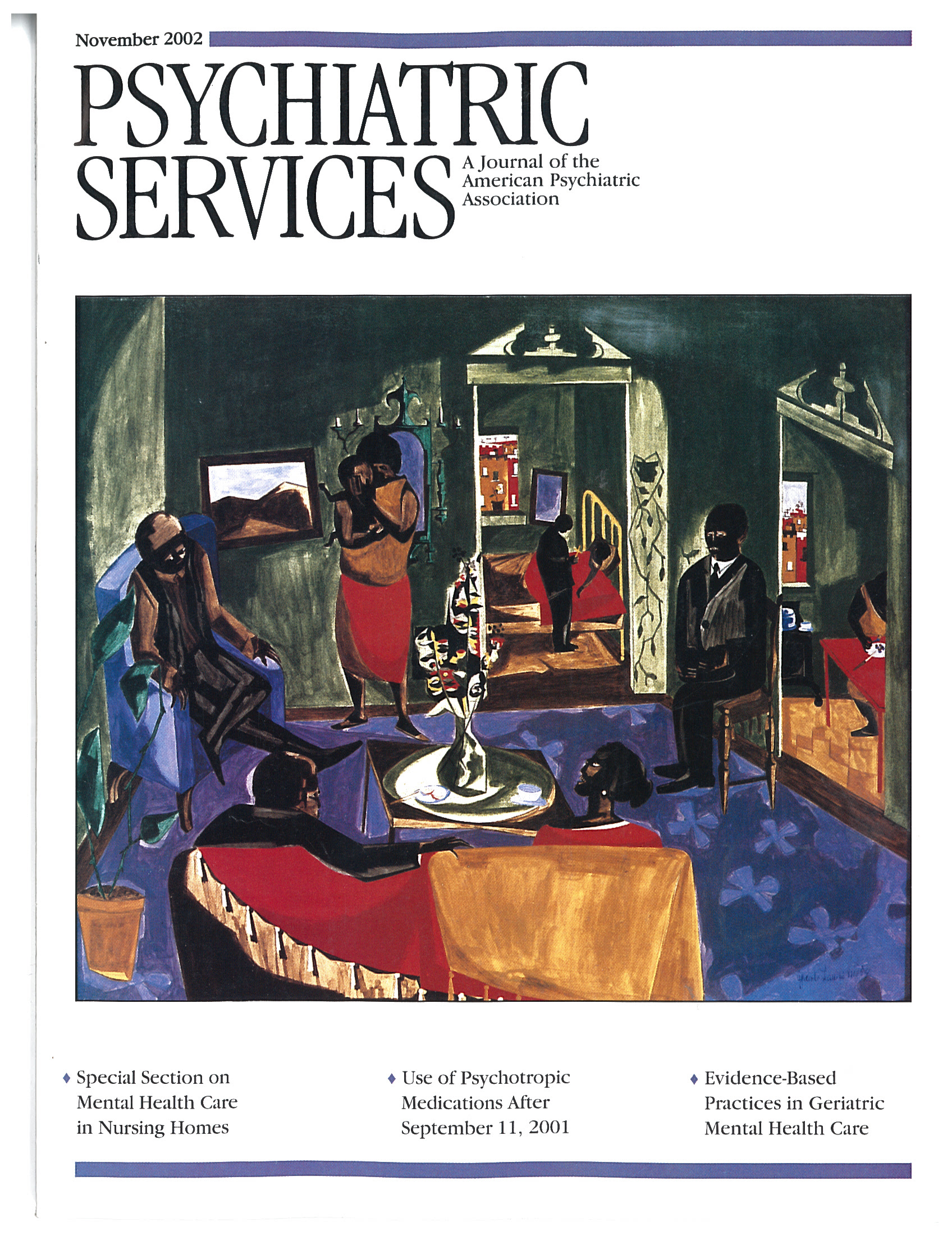As its title suggests, Mind, Body, and Medicine is an analysis of the mind-body interaction in medicine. More than 60 percent of patients examined in primary care clinics have no physical disorder that can be found in the International Classification of Diseases or are seeking care for problems other than those they are complaining about. Roughly a third of patients seen by primary care physicians neither take the medications prescribed for them nor follow the advice they receive. Many are discontented with the usual patient-physician encounters and seek alternative or complementary therapies. Unfortunately, primary care physicians are often too pressed to consider psychological and social factors in their workups and thus miss the diagnosis, fail to address patients' real complaints, and later have to contend with noncompliant and dissatisfied patients.
Mind, Body, and Medicine represents an attempt to rectify that situation by presenting an understanding of medical illness based on an integration of knowledge from the disciplines of medicine, psychiatry, social medicine, epidemiology, neuroscience, biology, and psychology. The book also offers recommendations for treatment and for a general approach to patients that may improve compliance and patients' satisfaction.
The author, a professor of medicine, approaches the psychosomatic aspects of medical practice from the vantage point of a practicing physician, not a psychiatrist. Consequently, his approach is fresh and at times surprising. Dr. Melmed does not discuss all the so-called psychosomatic diseases but rather concentrates on conditions that are commonly encountered in outpatient medical clinics: stress-related disorders, headaches, chronic pain and chronic fatigue syndromes, prolapsed mitral valve, diabetes, panic attacks, and depression.
Melmed has a deep appreciation of the complexity of medical illness. In his view, diseases can be considered somatopsychic as well as psychosomatic, and psychological factors can exacerbate or ameliorate any illness. He elaborates on the bidirectional interactions between disease process, emotional response, disease progression, symptom creation, and prognosis and applies them to specific clinical entities. He outlines pathophysiological mechanisms that mediate between a diseased organ and the central nervous system, both from the point of view of a diseased organ affecting the central nervous system and emotional distress acting centrally to alter peripheral tissue or organ response. For example, patients with irritable bowel syndrome become hypersensitive to pain stimuli and have been found to react more strongly to bowel distension than control patients. These findings can be explained by changes in the central nervous system in response to repeated injury or disuse.
A similar reiterative interaction can be seen in chronic anxiety syndromes. Inactivity may lead to physical deconditioning, which results in debilitating symptoms of fatigue and dizziness, changes in blood volume and cardiac output, and autonomic lability. Altered metabolism and lactate intolerance impede exercise and further aggravate anxiety. There is a remarkable overlap of symptoms of panic disorder and mitral valve prolapse. It is likely that for many patients a psychophysiological process is responsible for both mitral valve prolapse and the symptoms of anxiety. Therefore persons who have symptomatic mitral valve prolapse that is hemodynamically insignificant should be assessed for anxiety and panic disorders.
Anxiety and depression may, by lowering pain threshold, modulating immune processes, and increasing autonomic reactivity, influence the course of illness, response to treatment, and survival. Understanding the role of psychological reactions is therefore useful in treating these disorders.
Melmed devotes several chapters to discussion of treatment. He outlines general principles of stress management, behavioral intervention, and drug treatment. He discusses the placebo effect and advocates a psychologically informed approach to patients. One cannot expect primary care physicians in a clinic setting to provide highly specialized treatments. However, when these physicians know the range of appropriate interventions they are able to make informed referrals.
Mind, Body, and Medicine contains 20 chapters. The first nine chapters are discussions of somatization, doctor-patient communication, stress and the immune function, pathophysiological mechanisms, and placebo response. Chapters 10 through 16 are devoted to specific syndromes: chronic or recurrent pain, visceral pain, panic attacks, cardiovascular changes in anxiety, hyperventilation, chronic fatigue, and depression. Drug treatment, stress management, and behavioral interventions are discussed in chapters 17 through 19, and the concluding chapter is devoted to defining mind-body medicine. Although the book is addressed primarily to internists and primary care physicians, it is a useful resource for psychiatrists as well. For example, the concept of bidirectional interaction between brain and body, as elaborated in this book, can help psychiatrists in understanding patients' pain and chronic illness. Dr. Melmed takes a holistic approach that is free of the usual clichés and hence is thought-provoking. I recommend this book to psychiatrists, nurses, and social workers who work with patients who have chronic medical conditions.

